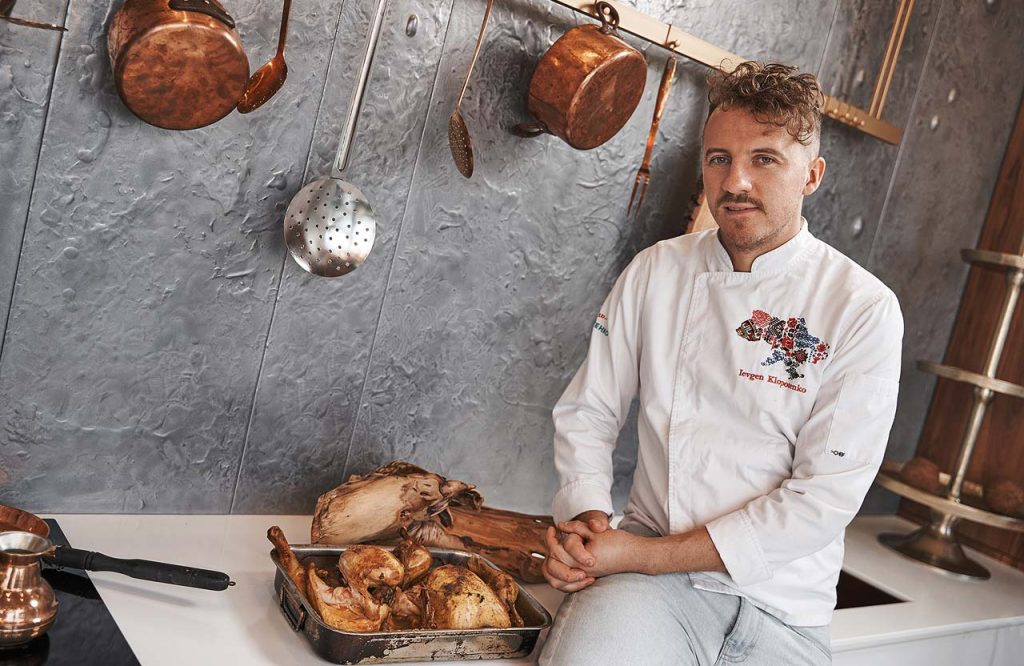KYIV – Ukraine’s unofficial ambassador of borshch – the hearty, savory beetroot soup – Yevhen Klopotenko, has published an English-language cookbook of 70 recipes – some well-known dishes and some that he resurrected from obscurity – as he continues blazing a path to elevate his country’s cuisine to worldwide prominence. The Kyiv-born chef released the...

